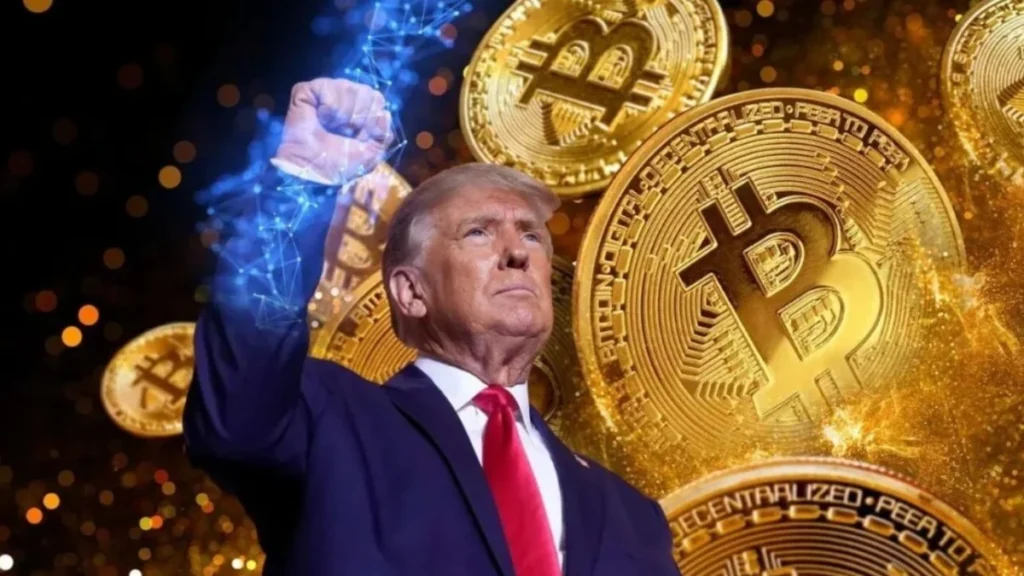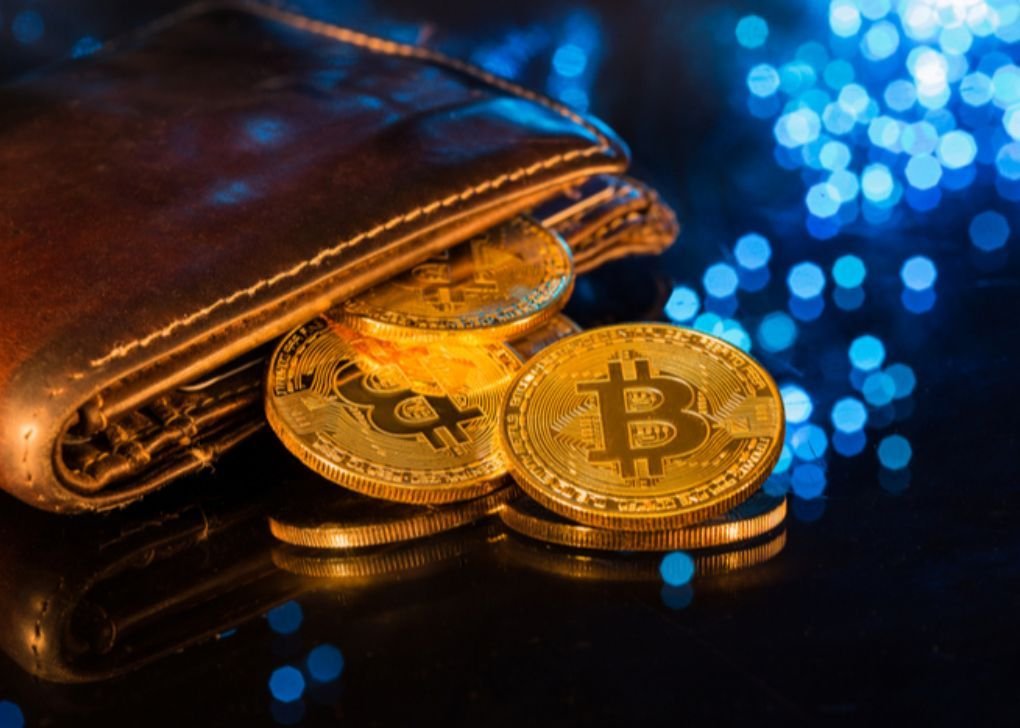Investing in Trump Coins: What You Need to Know About Their Value
In recent years, the market for collectible coins has grown significantly, with many enthusiasts and investors turning their attention to a unique niche: Trump Coins. These coins, often adorned with the likeness of former U.S. President Donald Trump, have sparked interest among collectors, political supporters, and investors alike. However, as with any investment, understanding the value and potential risks of Trump Coins is essential before making a purchase. What Are Trump Coins? Trump Coins refer to a variety of commemorative coins featuring designs inspired by Donald Trump. These coins are produced by private mints and often celebrate significant moments from Trump’s presidency, political campaigns, or broader cultural impact. Unlike official U.S. currency, these coins are not legal tender; they are created primarily as collector’s items and memorabilia. Trump Coins come in different materials, ranging from base metals like copper and nickel to more valuable metals such as silver and gold. Their design often includes detailed engravings, patriotic themes, and inscriptions highlighting Trump’s achievements or slogans like “Make America Great Again.” Why Are Trump Coins Popular? The popularity of Trump Coins can be attributed to several factors. Firstly, they serve as a way for supporters of Donald Trump to commemorate his presidency and express their admiration. For many collectors, these coins hold sentimental value, representing a unique period in U.S. history. Additionally, Trump Coins have attracted investors seeking alternative assets. The appeal lies in their limited-edition nature, artistic designs, and the potential for appreciation in value over time. Political memorabilia, in general, has a history of increasing in worth, especially when tied to significant historical figures or events. Factors That Influence the Value of Trump Coins When considering an investment in Trump Coins, it’s important to understand the factors that can affect their value. Here are the primary considerations: 1. Material Composition The material used to produce the coin plays a crucial role in determining its value. Coins made of precious metals like gold or silver tend to have intrinsic value based on the current market prices of these materials. Even if the coin’s collectible value does not increase significantly, its metal content provides a baseline worth. 2. Rarity and Limited Editions Limited-edition coins often hold higher value due to their scarcity. Collectors are willing to pay a premium for items that are difficult to find, especially if the production numbers are clearly documented. For instance, a Trump Coin with a limited mintage of 1,000 pieces is likely to be more valuable than one with a mass-produced run. 3. Design and Craftsmanship The quality of the coin’s design and craftsmanship can also impact its value. Coins with intricate details, high-quality finishes, and unique artistic elements are more desirable among collectors. Features like proof finishes or colorized designs can further enhance their appeal. 4. Historical and Political Significance Coins tied to specific historical events or milestones from Trump’s presidency are often more valuable. For example, coins commemorating the 2016 election victory or the signing of key legislation may attract higher demand due to their historical relevance. 5. Market Trends and Demand The overall demand for Trump Coins within the collector’s market plays a significant role in their value. Popularity can fluctuate based on current events, changes in political sentiment, or trends in the broader collectible market. Investing in Trump Coins: Pros and Cons As with any investment, there are pros and cons to consider when purchasing Trump Coins. Here’s an overview to help you make an informed decision: Pros: Cons: Tips for Investing in Trump Coins If you’re considering investing in Trump Coins, keep the following tips in mind: 1. Research the Market Before making a purchase, take the time to research the market and understand the current trends. Look for information about recent sales, popular designs, and the reputation of different mints. 2. Buy from Reputable Sellers To avoid counterfeit coins, purchase from well-known dealers or mints with a history of producing high-quality collectibles. Online marketplaces can also be a source, but ensure the seller has positive reviews and offers guarantees of authenticity. 3. Focus on Limited Editions If your goal is to invest, prioritize coins with limited mintage numbers. Scarcity often drives up value over time, especially if the design is tied to a significant event or milestone. 4. Consider Professional Grading Having your coins professionally graded by organizations like the Professional Coin Grading Service (PCGS) or the Numismatic Guaranty Corporation (NGC) can enhance their value. Graded coins are sealed in protective cases and come with a certification of authenticity. 5. Diversify Your Collection As with any investment, diversification is key. Avoid putting all your money into one type of Trump Coin or collectible. Instead, consider a mix of designs, materials, and themes. The Future of Trump Coins The future value of Trump Coins largely depends on their continued demand and the cultural significance of Donald Trump’s legacy. As with other political memorabilia, these coins may experience periods of heightened interest during anniversaries, elections, or historical retrospectives. However, long-term value will likely hinge on their rarity, craftsmanship, and broader appeal to collectors. While it’s impossible to predict the exact trajectory of Trump Coins’ value, their popularity as both memorabilia and collectibles suggests they will remain an intriguing niche within the market for years to come. Conclusion Investing in Trump Coins can be a rewarding experience, whether you’re a passionate collector, a supporter of Donald Trump, or an investor seeking alternative assets. By understanding the factors that influence their value and taking steps to purchase wisely, you can make informed decisions that align with your goals. Remember, as with any collectible, the value of Trump Coins is influenced by factors beyond your control, such as market demand and trends. Approach your investment with a balanced perspective, and enjoy the process of building a collection that reflects your interests and appreciation for history.
Investing in Trump Coins: What You Need to Know About Their Value Read More »




